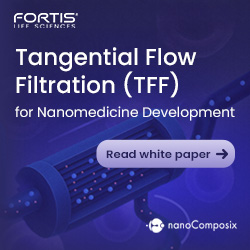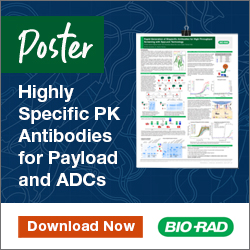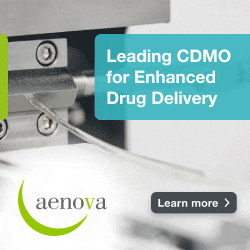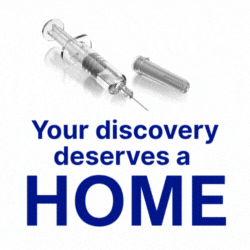Monopar Announces Encouraging Clinical Data From Ongoing Camsirubicin Phase 1b Trial
Monopar Therapeutics Inc. recently released encouraging data from its ongoing Phase 1b open-label clinical trial of camsirubicin in advanced soft tissue sarcoma patients. The data was recently displayed in the poster Monopar presented at the 2022 Connective Tissue Oncology Society (CTOS) Annual Meeting, which is bringing together the world’s leading sarcoma specialists. Monopar has made the poster available on its website at the following link: https://www.monopartx.com/pipeline/Camsirubicin/mnpr-201-001-clinical-trial.
Doxorubicin is one of the most widely used cancer drugs worldwide. Unfortunately, although higher doses of doxorubicin are known to be more effective at treating cancer, the risk of irreversible heart damage increases with the cumulative dose and limits the lifetime amount that a patient can receive. As a result, even if patients are responding, they discontinue doxorubicin treatment typically after only 6 to 8 cycles (~6 months or less). The hypothesis behind camsirubicin is straightforward: molecularly modifying doxorubicin in order to reduce cardiac damage could enable higher and longer dosing, resulting in better patient outcomes.
The prior exploratory clinical studies of camsirubicin in cancer patients showed the potential to treat patients with high doses for a year or longer. The preclinical and exploratory clinical studies also showed no irreversible heart toxicity with camsirubicin. The current Phase 1b study is designed to evaluate whether camsirubicin can be dosed even higher than previously achieved and continue for longer than doxorubicin.
The Phase 1b trial is an open label dose escalation design to determine the maximum tolerated dose of camsirubicin in advanced soft tissue sarcoma (ASTS) patients. The average life expectancy of ASTS patients at diagnosis is about 12 to 15 months, and doxorubicin is the current first-line standard of care treatment for most types of ASTS.
The starting dose for the first three patients was set at 265 mg/m2, the highest dose previously tested in the exploratory clinical trials. With a positive recommendation from the trial safety review committee at the completion of each dose level, the trial is allowed to then treat at least three new patients at the next dose level, which is 25% higher.
The Phase 1b clinical trial has enrolled 11 patients (8 female and 3 male) to-date ranging in age from 26 to 81 years (median = 49 years). 5 of 10 patients have exhibited stable disease (SD, as defined by RECIST 1.1 criteria) at 12 weeks. 1 patient met the criteria for SD at the first CT scan (6 weeks) but unfortunately died due to COVID-19 and was not evaluable at the 12-week CT scan. The ASTS subtype patients achieving stable disease on camsirubicin are in line with those also more likely to respond to doxorubicin.
These encouraging results are in the face of all patients in the trial, at the time of enrollment, having had an Eastern Cooperative Oncology Group (ECOG) performance score of 1, or “strenuous physical activity restricted”. This suggests that the patients enrolled in this Phase 1b trial are more medically complex and challenging than those in other recent ASTS studies. The majority of patients enrolled in first-line ASTS trials of the past few years have had no physical activity impairments, with only a minority having an ECOG score of 1 or worse. Worse ECOG scores at the time of enrollment for advanced cancer patients are associated with reduced patient survival.
The trial is presently at the fourth dose-level cohort (520mg/m2), almost twice the trial’s starting dose. No drug-related clinical cardiotoxicity has been observed in any patient, as tracked by left ventricular ejection fraction, an industry standard measure of cardiotoxicity. In line with the hypothesis of reaching a higher dose, the trial is continuing to enroll and dose-escalate, as there have been no signs of having yet hit the maximum tolerated dose.
Monopar Therapeutics is a clinical-stage biopharmaceutical company focused on developing proprietary therapeutics designed to extend life or improve the quality of life for cancer patients. Monopar’s pipeline consists of Validive (Phase 2b/3) for the prevention of chemoradiotherapy-induced severe oral mucositis in oropharyngeal cancer patients; camsirubicin (Phase 1b) for the treatment of advanced soft tissue sarcoma; a late-stage preclinical antibody, MNPR-101, for advanced cancers and severe COVID-19; and an early stage camsirubicin analog, MNPR-202, for various cancers. For more information, visit: www.monopartx.com.
Total Page Views: 1245














